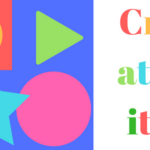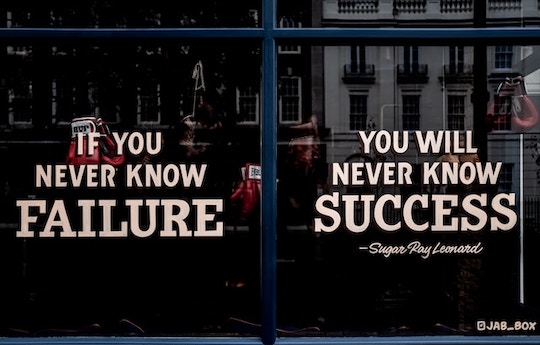“Don’t swing at every pitch. Wait for the right ones and then knock them out of the park.”
—Rohan Rajiv, author of A Learning a Day Blog
I recently had the opportunity to observe two different sporting events on the same weekend.
One—as you might guess from today’s quote—was baseball. The other was tennis.
When I compared the two, I noticed a significant difference.
In tennis, the receiving player tries to return every serve that makes it into the service area, no matter how fast or how much spin it may have.
In baseball, the batter has a number of chances to be more selective on when to swing at what’s being offered by the pitcher.
EXERCISE:
Where do you find yourself swinging at every pitch coming your way?
How often do you strike out or get on base, given your ability to discern which pitches are right for you?
How would more practice increase your batting average and add more home runs to your stats?














